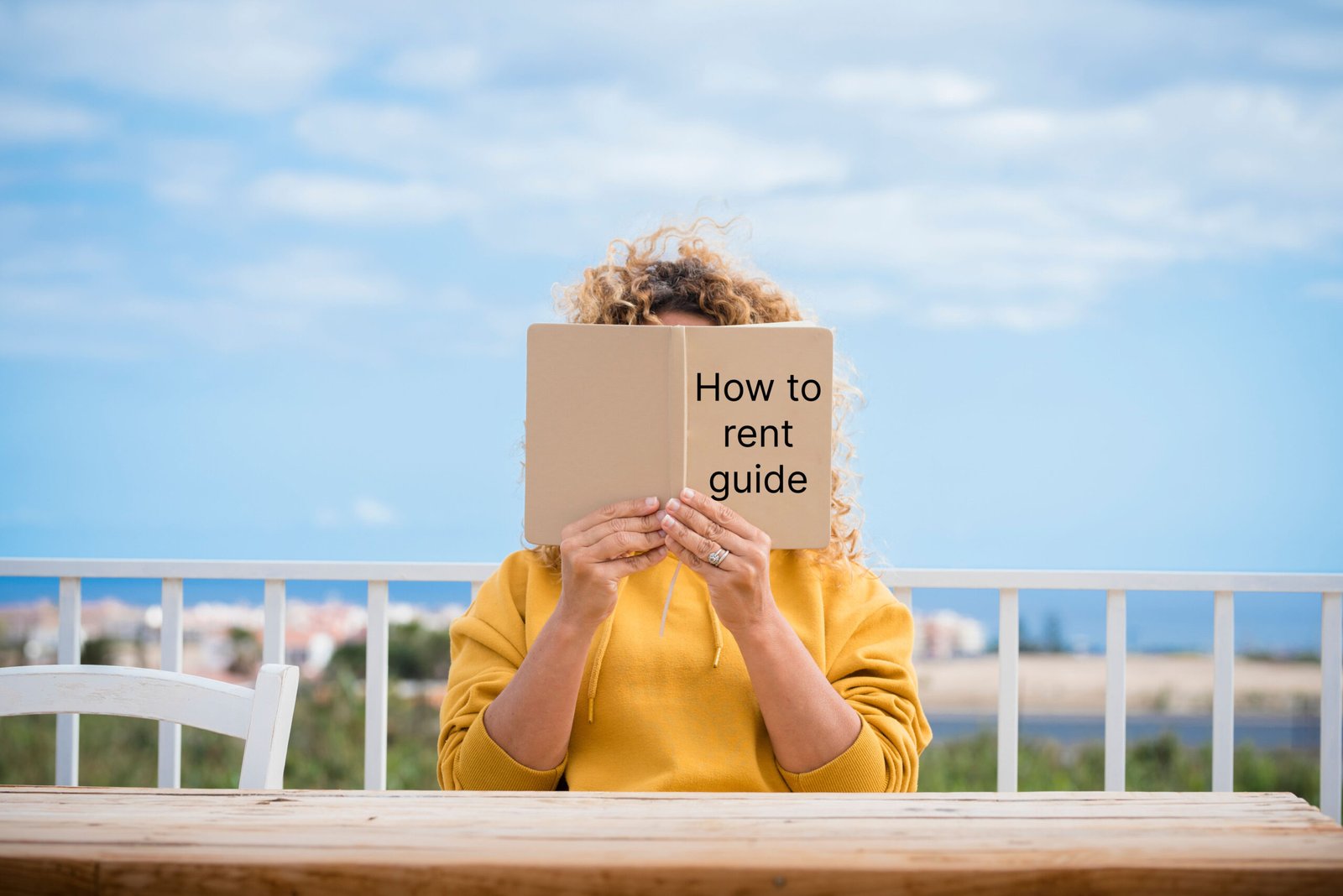How to
How to Rent Guide: Navigating the Rental Market with Ease

Renting a property, whether it’s your first time or you’re a seasoned tenant, can be a daunting task filled with numerous decisions and steps. From understanding the rental market to signing your lease, this comprehensive guide aims to demystify the process, making it as smooth and stress-free as possible. Let’s dive into the key aspects of renting that you need to know.
Understanding the Rental Market
Before you begin your search for the perfect rental, it’s crucial to familiarize yourself with the current state of the rental market. Market conditions can vary significantly from one city to another and even between different neighborhoods in the same city. Factors such as location, demand, and the time of year can all influence rental prices and availability.
Start by researching the average rent prices in your desired area for properties that meet your criteria. Websites and apps dedicated to real estate listings can be invaluable resources, offering insights into price trends and the amenities typically available in your price range. This initial research will help you set a realistic budget and refine your search to areas that offer the best value for your money.
Setting Your Budget
One of the most critical steps in the rental process is determining your budget. A common rule of thumb is that your rent should not exceed 30% of your monthly income. This guideline helps ensure that you have enough left over for other essential expenses, such as utilities, groceries, transportation, and savings. However, depending on your financial situation and the cost of living in your area, you might need to adjust this percentage.
When setting your budget, don’t forget to account for additional expenses that often accompany renting. These can include application fees, security deposits, pet deposits (if applicable), and moving costs. Some rentals might also require you to pay for utilities, parking, or maintenance fees, so it’s important to clarify these details upfront.
Finding the Right Property
With a clear understanding of the market and your budget, you’re now ready to start the search for your ideal rental. Consider what factors are most important to you in a home. Do you need a certain number of bedrooms or bathrooms? Is a pet-friendly policy a must-have? How about proximity to work, schools, or public transportation?
Utilize online platforms and real estate apps to filter listings that match your criteria. However, don’t underestimate the value of driving or walking around neighborhoods you’re interested in. Sometimes, the best deals are found through “For Rent” signs not listed online.
Remember, the perfect rental doesn’t just come down to the property itself but also the landlord or management company. Try to gauge their responsiveness and professionalism during your interactions, as this can significantly impact your renting experience.
The Application Process
Once you’ve found a property that ticks all your boxes, the next step is to submit a rental application. This typically involves providing personal information, proof of income, rental history, and references. Some landlords or property management companies may also require a credit and background check.
To stand out as a potential tenant, ensure your application is complete and accurate. Offer to provide additional documentation if necessary and be upfront about any potential red flags, such as a pet or a less-than-perfect credit score. Honesty can go a long way in building trust with your future landlord.
Understanding Your Lease
After your application is accepted, the final step before moving in is signing the lease. A lease is a legally binding contract that outlines the terms of your rental agreement, including the duration of the lease, monthly rent, security deposit, and house rules.
It’s crucial to read the lease thoroughly before signing. Pay special attention to clauses regarding lease renewal, subletting, and termination. If anything is unclear or seems unfair, don’t hesitate to ask for clarification or negotiate terms. Remember, once you sign the lease, you’re bound by its terms for the duration of the agreement.
Conclusion
Renting a property involves several important steps, from understanding the rental market and setting a budget to finding the right property and navigating the application process. By following this guide, you’ll be well-equipped to make informed decisions, ensuring a smooth and successful rental experience. Remember, preparation and research are key to finding a rental that meets your needs and budget, so take your time and don’t rush the process. Happy house hunting!




















